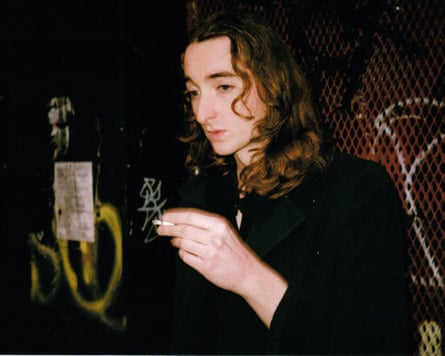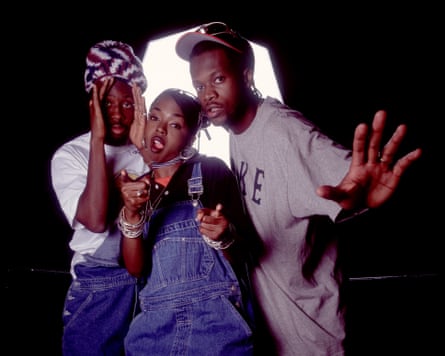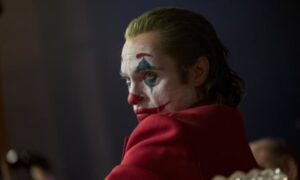
Luca Bellino and Silvia Luzi’s new film is an intriguing yet perplexing piece of work; it’s opaque and indirect, the storytelling appears incomplete and recedes implacably before the audience’s pursuit. It’s a kind of cinema that does not render up its meaning right away – or indeed at all. The keynote of extreme closeup on the lead character’s face is in implied contrast to the hazy distance where the film’s significance is perhaps sited.
A young woman played by Marianna Fontana lives in a tough Italian town on the coast, miserably working in a leather garment factory; she is one of a whole group of women whose job is to stake and stretch out pieces of leather on an automated production line. The person in charge is a man who sometimes hands out punishment by making certain workers go upstairs to work on the “drum”, where you have to heave out great mounds of leather pelt to be transported down to the factory floor via a kind of dumb-waiter shaft.
One day this young woman is with her aunt in a big family group celebrating a cousin, who has made her first holy communion in a white quasi-bridal gown. She grumbles about her own communion, about the awful shoes she had to wear and about a certain someone who was there, in her life, but not any more. The young photographer-slash-videographer, who has been wowing the people there with his fancy drone for getting overhead shots, appears to have a bit of a crush on our heroine. Later, this young man will take her for a drive where he will show her how the drone works, and how it can effectively spy on people. But the exact nature of her fascination with it isn’t really clear.
What is clear is that the whole experience seems to have triggered something like a breakdown in her – or perhaps an epiphany involving hallucinations, or access to a kind of alternative reality in her head. She keeps getting weird phone calls, an older man’s voice on her line. Is it her dad? Or a friend of her dad? As these conversations continue, she settles into a certainty that it is, in fact, her father – or has she contrived and imagined this situation? Is he in prison? Or is that another romantic and dramatic fantasy? She invents things in her life for his benefit – but is this whole thing an invention? – including a handsome young Milanese fashion designer who has supposedly been hitting on her. She pretends to be cooking a stylish late supper for friends when he calls. But where is the reality here?
We are leading to a kind of climax, though an enigmatic one, when the photographer presents to the extended family his final edit of the holy communion video, including a very startling drone shot of the young woman, seen at first in long shot and then closer up as the drone moves down towards her, as she smokes pensively on the beach. Yet we didn’t see that drone from her point of view at the beginning. The dissociative strangeness seems complete. Luce reads like a lucid dream, or remembered dream: for me, a puzzle about how we see ourselves, or invent ourselves.
Source: theguardian.com





















